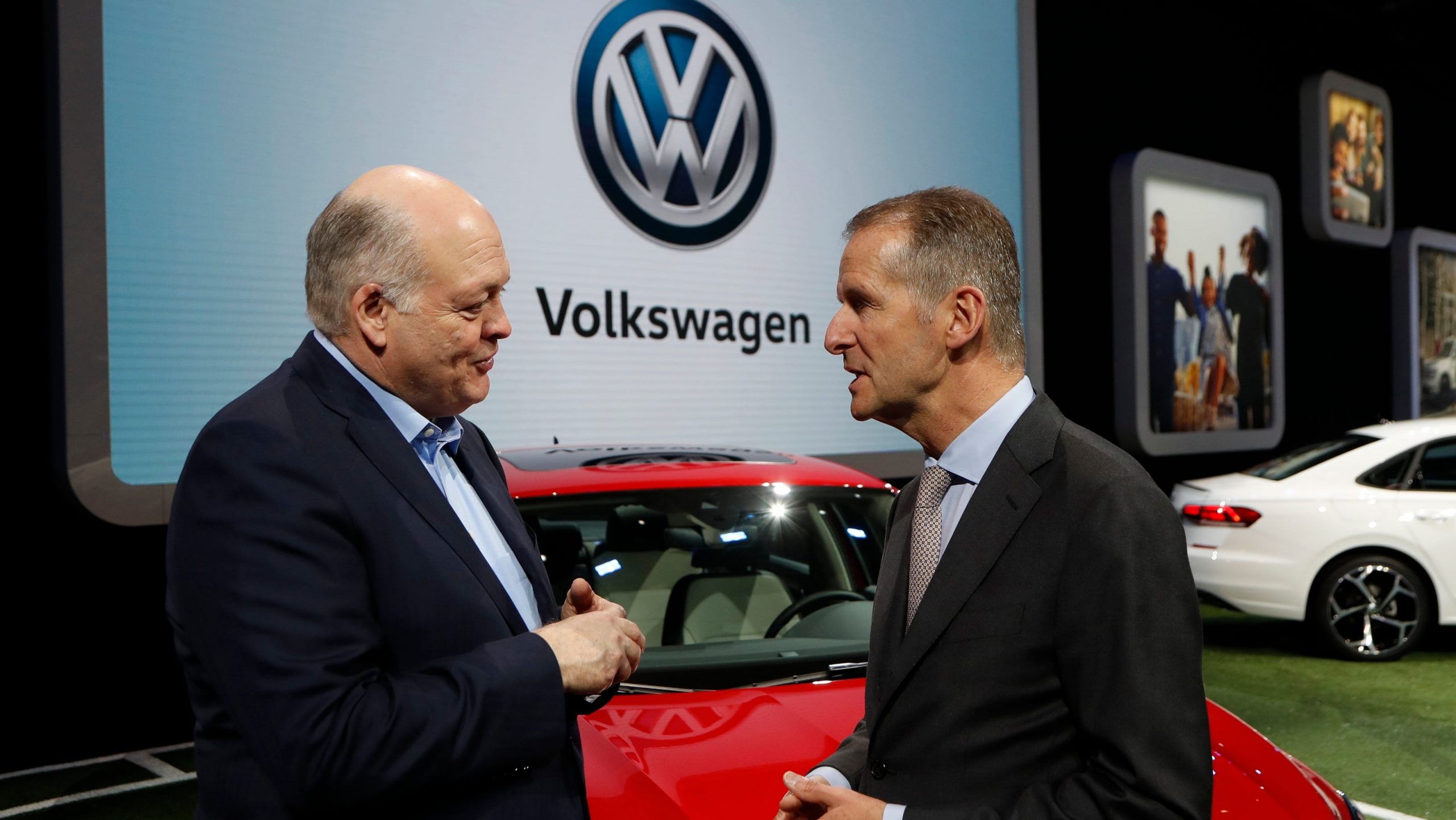Last week, Honda Motor Co. announced that it had signed off on a nonbinding memorandum of understanding in relation to creating a strategic alliance with General Motors. Jamie LaReau of the Detroit Free Press reported that both auto giants would still sell vehicles under their own names but the agreement also includes “cooperation in purchasing, research and development, and connected services.”
LaReau also noted that the move would aim to help both companies financially through being able to “collaborate on purchasing supplies by leveraging their scale to gain cost savings.” GM reportedly stated this would include focusing on “joint sourcing of materials, logistics and localization strategies.”
Of course, the ultimate goal for the alliance would be for both companies to maintain a reasonable budget while still investing in future projects that could be revolutionary to the auto industry. Honda and GM seem to like working together, as they also collaborated on “rebadging” the Isuzu Rodeo into the Honda Passport as well as rebranding several of Honda’s models into the Isuzu Asaka and others. In 2018, Honda also invested a hefty sum of money to GM’s self-driving technology.
The alliance is rumored to include advances in electric vehicles such as new battery packs and internal combustion engines. The partnership could result in other great things, too, possibly including a sleek new sports car.
Collaborations and alliances are nothing new in the auto world. It is no secret that startups and established companies with revolutionary ideas can find it difficult to bring new technologies to the market, so it is normally in various party’s best interests to join forces to create something together. For many projects and ideas, it is also quicker and more beneficial for auto giants to create an alliance as opposed to merging or committing to a very long-term relationship with one another.
Having experts from various companies collaborating on projects brings together talented professionals who all have unique experiences and knowledge, which can lead to innovative and successful ideas that can be brought to market. Alliances also allow the sharing of technologies including software and machine learning advancements.
Related: ‘Partnership’ is the New Automotive Industry Buzzword
IONITY
Perhaps one of the most well-known international collaborations is IONITY, which is an alliance between auto giants, BMW Group, Ford Motor Company, Mercedes Benz, and Volkswagen Group as well as Audi and Porsche. According to IONITY’s website, the mission of the teamwork is to build a “high power charging network for electric vehicles along major highways in Europe.”
Ford and VW
Joe Williams of Fox Business outlined other notable alliances including the one between Ford Motor Company and Volkswagen Group, which aims to create a fully-electric vehicle within the next few years using Volkswagen’s electric vehicle technologies and Modular Electric Toolkit. The partnership also includes working with artificial intelligence company Argo AI, which specifically focuses on autonomous vehicle technology. Williams indicated that this partnership will position both companies to “better serve customers while improving their competitiveness and cost and capital efficiencies.”
Toyota and Mazda
Toyota and Mazda also agreed to work together last year by opening a manufacturing plant in Alabama. Both companies joined into the agreement with the plan to build SUVs separately while sharing certain parts and suppliers. Toyota also agreed to buy a 5% stake in Mazda and had stated the investment would allow the companies to simply “make better cars.”
The Renault-Nissan-Mitsubishi Alliance has been a successful venture since 1999 and focuses on building “clean, affordable, and safe cars for everyone.” These include the Nissan LEAF, which is generally regarded as the best-selling electric vehicle throughout the world. Ultimately, technology seems to always be improving and new innovations are in the works at all times for auto companies, so it makes sense that they would want to form alliances and collaborations to create vehicles with revolutionary technologies.
Did you enjoy this article from Kimberly Hurley? Read other articles from her here.
Be sure to follow us on Facebook and Twitter to stay up to date or catch-up on all of our podcasts on demand.
While you’re here, don’t forget to subscribe to our email newsletter for all the latest auto industry news from CBT News.








